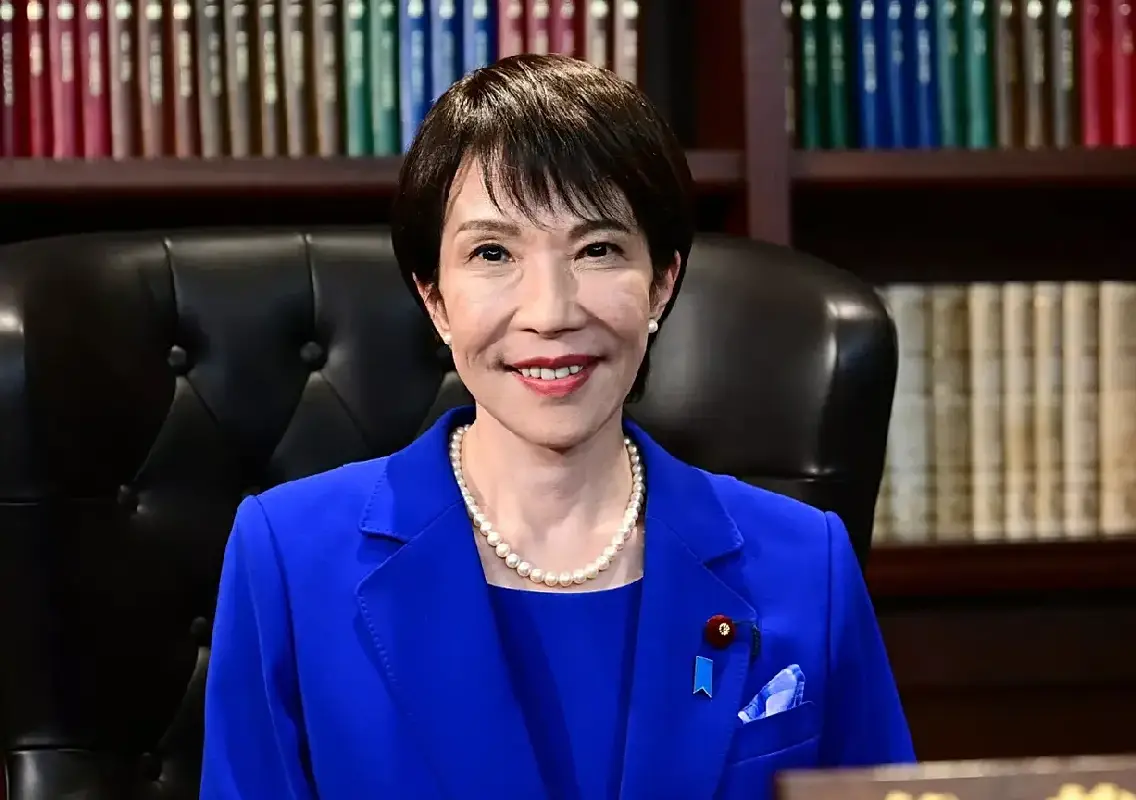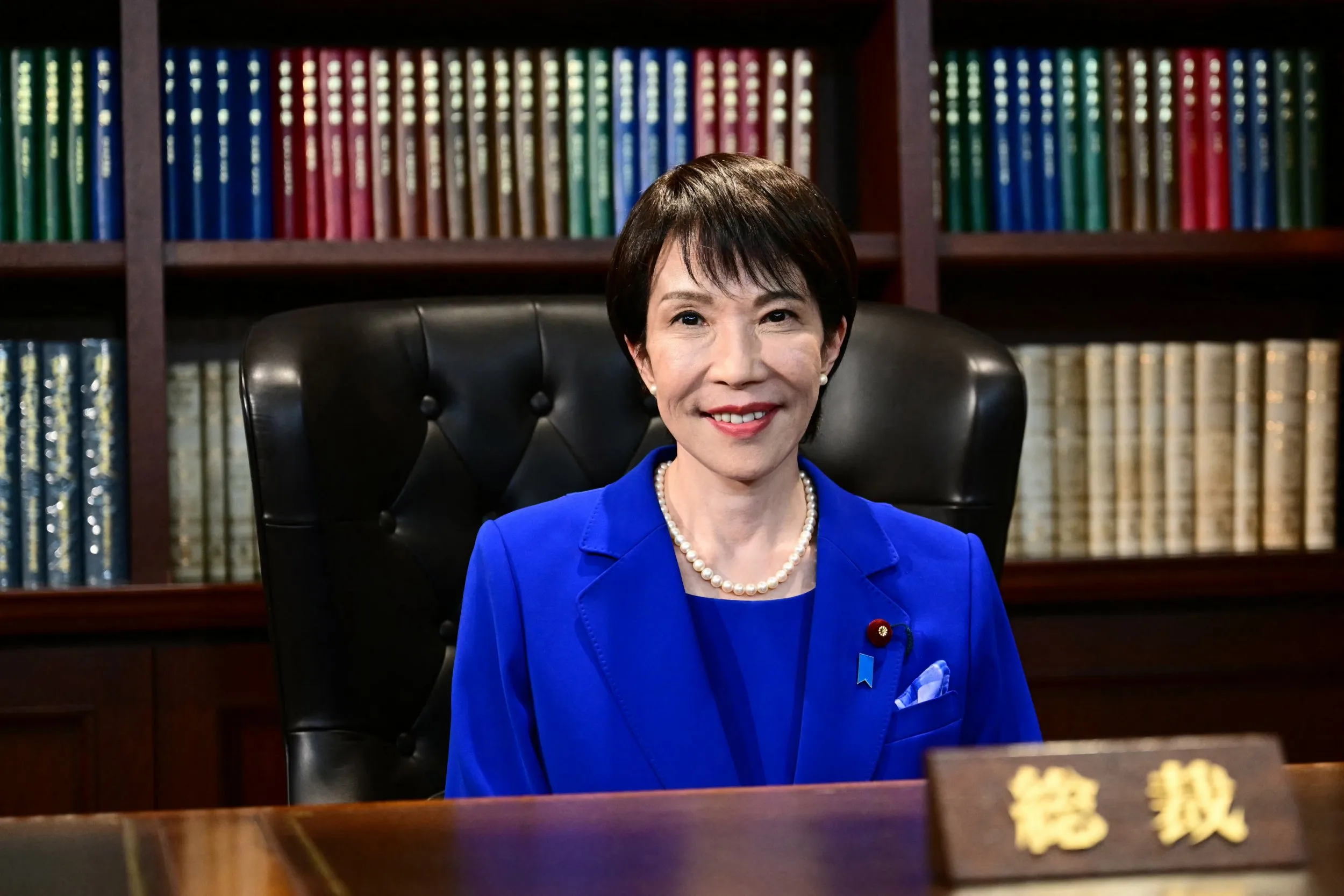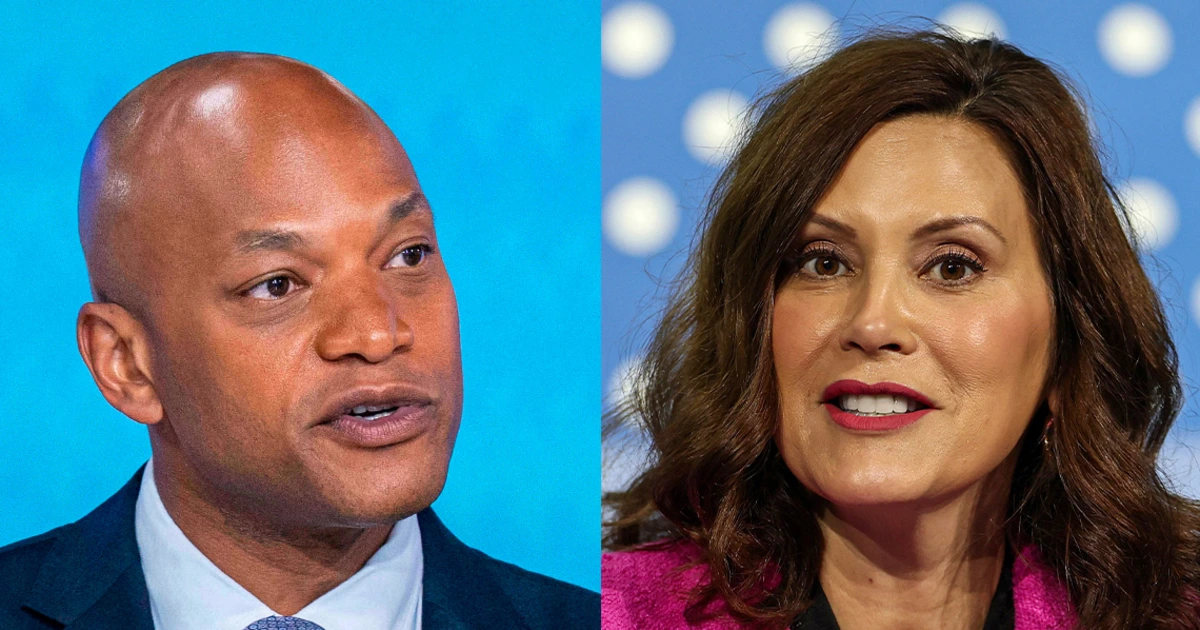Copyright newskarnataka

Tokyo, Japan: Japan appointed its first female prime minister on Tuesday as Sanae Takaichi, a China hawk and social conservative, forged a last-minute coalition deal to secure a majority. The 64-year-old, who became the fifth Japanese premier in as many years, will lead a minority government with a packed agenda, including a scheduled visit by US President Donald Trump next week. Path to Power Takaichi, a former heavy metal drummer and admirer of Margaret Thatcher, was elected head of the Liberal Democratic Party (LDP) on October 4. She unexpectedly won a majority in the first round of parliamentary voting. Initially, the LDP had partnered with the Komeito party, but six days after Takaichi’s leadership victory, Komeito withdrew from the coalition due to her conservative views and the fallout from an LDP slush fund scandal. This prompted Takaichi to form a new alliance with the Japan Innovation Party (JIP), a right-leaning reformist party. The coalition agreement with JIP, finalized Monday evening, includes promises to: Lower the consumption tax on food to zero Abolish corporate and organizational political donations Reduce the number of members of parliament Priorities and Policies Takaichi pledged to strengthen Japan’s economy and “reshape Japan as a country that can be responsible for future generations.” She has promised a cabinet with “Nordic” levels of female representation, a significant increase from the two women ministers under outgoing premier Shigeru Ishiba. Potential cabinet appointments include: Satsuki Katayama as finance minister Kimi Onoda, half-American, as economic security minister While she advocates women’s health awareness and has spoken openly about menopause, Takaichi opposes revising Japan’s 19th-century law requiring married couples to share the same surname, and wants to maintain male-only succession in the imperial family. Domestic and International Challenges Takaichi inherits several pressing issues: Declining population and demographic challenges Flatlining economy and ongoing inflation concerns A trade deal with the United States remains unresolved Pressure from Trump to stop Russian energy imports and boost defence spending Security challenges from China, although she has moderated her earlier rhetoric Being in a minority government, her coalition will need support from other parties to pass legislation. Analysts note her past support for aggressive monetary easing and government spending—policies associated with her mentor, former premier Shinzo Abe—but she walked back some “Abenomics” positions during the LDP leadership contest. Public Reaction Reactions in Takaichi’s hometown Nara are mixed but cautiously optimistic: Toru Takahashi, 76: “She’s a strong-minded person, regardless of being a woman. She’s not like Trump, but she’s clear about what’s right and wrong.” Keiko Yoshida, 39: Hopes Takaichi will implement policies from a woman’s perspective, including childcare support. Nina Terao, 18: Wants help for women returning to work after having children. Satoe Tominaga, 77: “Prices have gone up, and it’s tough,” adding she is “50-50” about the new premier. Takaichi’s victory has boosted Japanese stocks to record highs and marked a historic milestone for gender representation in Japanese politics. Yet, she faces significant hurdles, from reviving LDP fortunes after poor election results to managing domestic and international economic and security pressures. Her premiership will also test Japan’s ability to balance social conservatism with progressive reforms, all while navigating complex geopolitical dynamics in East Asia.



